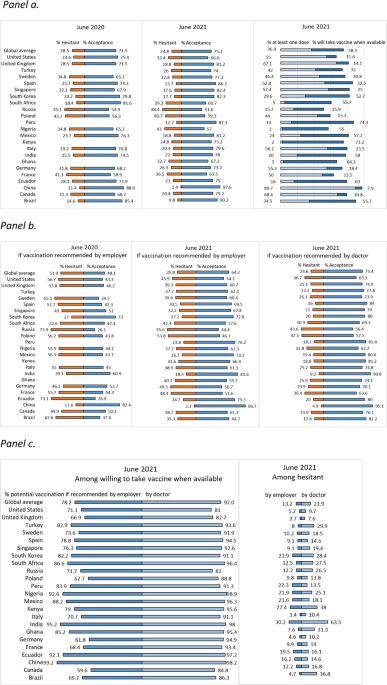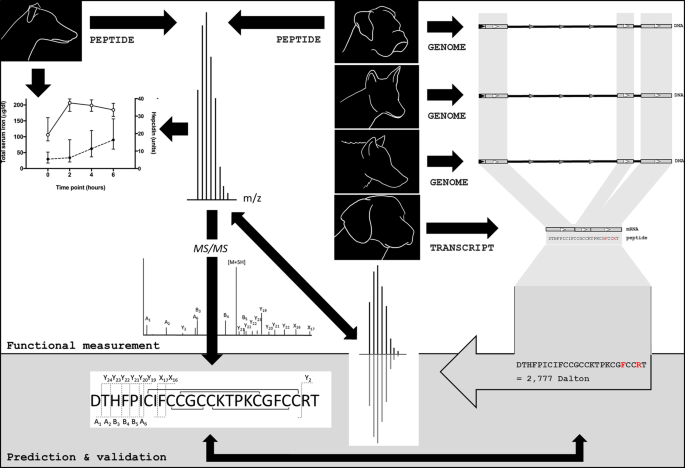
- Select a language for the TTS:
- UK English Female
- UK English Male
- US English Female
- US English Male
- Australian Female
- Australian Male
- Language selected: (auto detect) - EN
Play all audios:
Parkinson’s disease is more prevalent in men aged over 50 and every hour, two people in the UK are told they have Parkinson’s. The NHS describe it as a condition in which parts of the brain
become progressively damaged over many years. The symptoms tend to be gradual and sometimes even totally unnoticeable. They begin with a tremor or uncontrolled movement. A tremor caused by
Parkinson’s can appear in two ways. Either a resting tremor which happens when the body is still and relaxed or an action tremor which happens when the sufferer is holding an item. The most
typical tremor in Parkinson’s is called the ‘pill-rolling’ rest tremor, and looks like the person is trying to roll a pill between their thumb and index finger. The main symptoms are: *
Involuntary shaking * Slow movement * Stiff muscles * Loss of automatic movements * Tremors * Speech and writing changes Other physical and psychological symptoms include: * Depression and
anxiety * Balance problems * Loss of sense of smell * Insomnia * Memory problems What causes Parkinson’s is still relatively unclear however several factors include: YOUR GENES Specific
genetic mutations may cause the disease. Researchers have identified certain gene variations which appear to increase the risk of Parkinson’s ENVIRONMENTAL TRIGGERS Exposure to certain
toxins in the environment may increase the risk however is relatively small. PRESENCE OF LEWY BODIES Lewy bodies are clumps of specific substances within the brain and researchers believe
they hold an important clue to the cause of Parkinson’s. ALPHA-SYNUCLEIN It is found within the Lewy bodies and is a protein which is found in a clumped form that cells can not break down.
Young adults rarely experience Parkinson’s disease, it begins in middle or late life, having a close relative with Parkinson’s increases your chances, men are more privy to getting the
disease and exposure to toxins may increase your risk. Currently there is no cure for parkinson’s disease. Treatments are available to help reduce the symptoms and to try and ensure one’s
quality of life is maintained when diagnosed with the disease.










